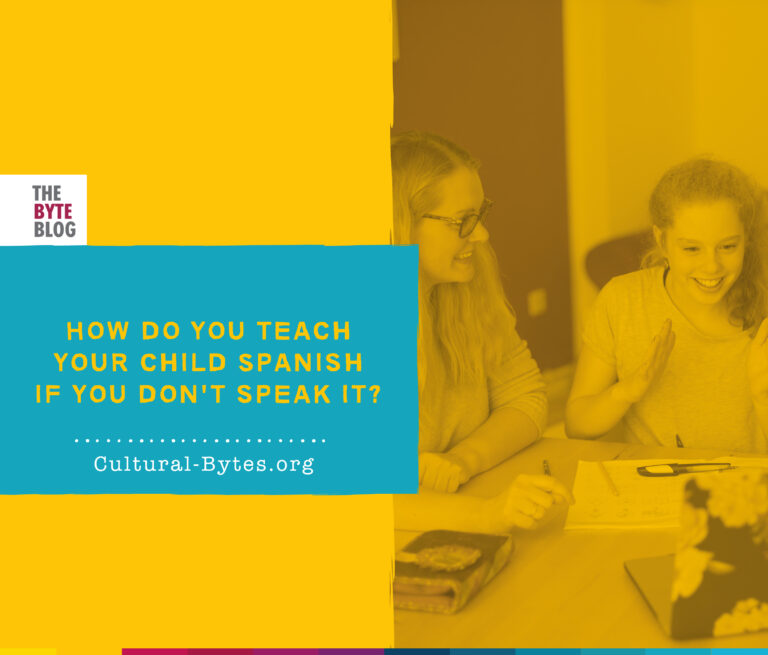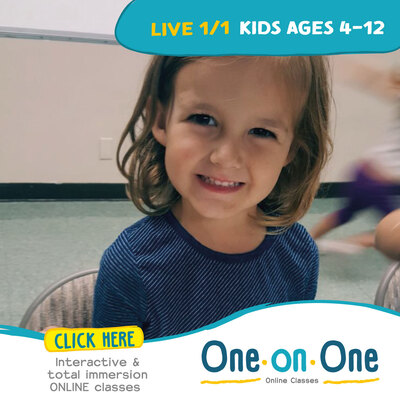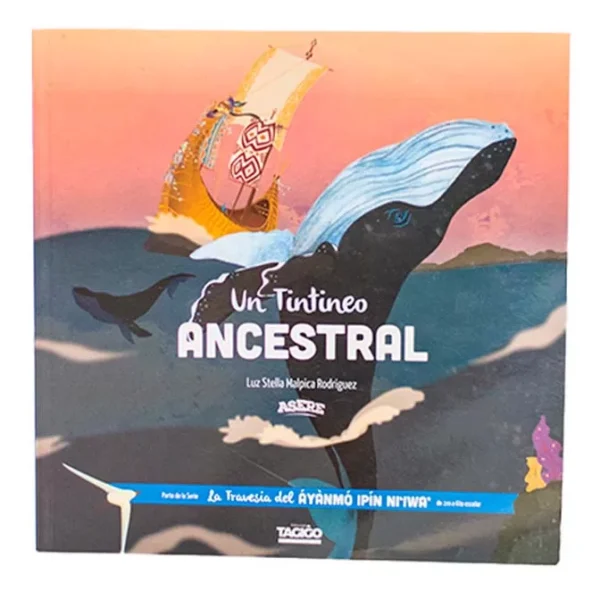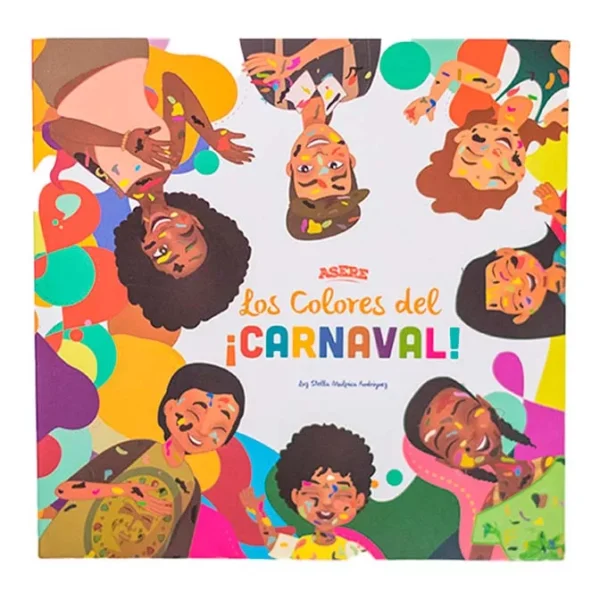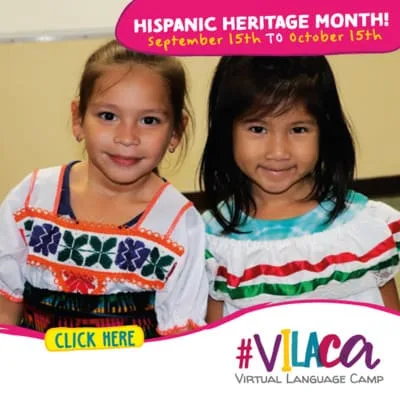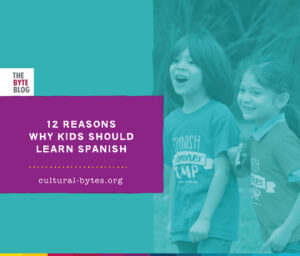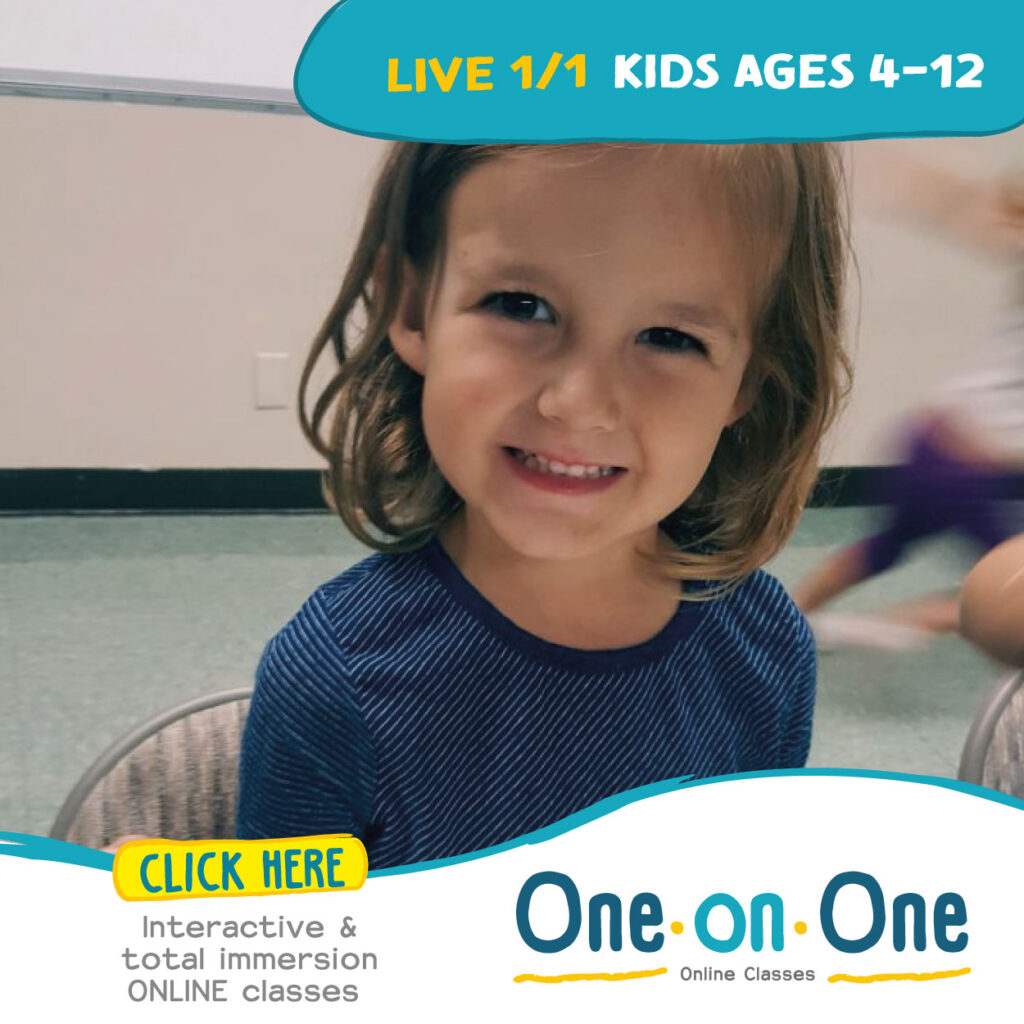
Teaching a language is like teaching anything else.
If you wonder: How do you teach your child Spanish if you don’t speak it? keep reading this post!
Are you one of those parents that just dialed 1-800-Tutor to get their child tutored in math? You can certainly go that route, but you should also consider why you would want them to learn a language you don’t understand. Is it because you want to experience vicariously through your learner when you wish to study the language? Or perhaps you’re the spouse and want to start by incorporating the language into the family’s history but don’t know where to begin!
Well, I’d start by making sure I know what I’m getting myself into. And by that I mean immersing yourself in the culture and history of the language you’re learning. Culture is the binding agent that ties everything together. Learning a language only for the purpose of learning it is akin to wanting to study wordperfect and expecting to be proficient in Word for Windows! Not valid, as language is not a tool; it is tied to a culture. This implies you should aim to immerse yourself in the culture in order to grasp its full breadth, reach, and find the gems concealed inside.
You must undertake the majority of the work by asking yourself questions such, “How can I gain greater exposure to the culture of this language?” And it’s not only through the ethnic food truck down the street! Actually, it’s generally the newcomer to the culture and language who rediscovers the hidden gems they have to contribute to the world through famous artists, scientists, and athletes, alive or dead, which almost always makes the in-laws grin, demonstrating that you’ve finally invested enough in their culture beyond the cuisine and your spouse.
Stage 1 initiated. Now, am I ready to go into learning this new language and humbling myself as I figure out how I learn best? Will I be interested in learning “how to learn”? You never know how much you know until you’re put to the test. Language acquisition, for example, is an excellent illustration of a comprehensive approach to this. I say this because, unlike math, science, or even grammar, learning a language becomes personal. You’re attempting to express thoughts and emotions, which may be nerve-wracking in and of itself, but now you have to do so in a language that understands these concepts and emotions on a different level, one with which you are unfamiliar, until you make the unmistakable faux pas.
And who doesn’t enjoy making a fool of themselves from time to time? So, am I the only one that thinks this way? Most likely not. There aren’t many individuals who want to purposely take the heat. So they opt to remain uncourageous on the sidelines and develop slowly because they don’t want to get their feet too wet. That’s OK, but you’re not getting very far. This is when folks must get off the indecisiveness merry-go-round. It’s not about teaching your student; it’s about evaluating how he or she learns, and how you learn in the end.
The last advise to answer: How do you teach your child Spanish if you don’t speak it?
As you learn how to dare to be out there and make mistakes in order to improve, you’ll be able to teach your students how to do the same.

